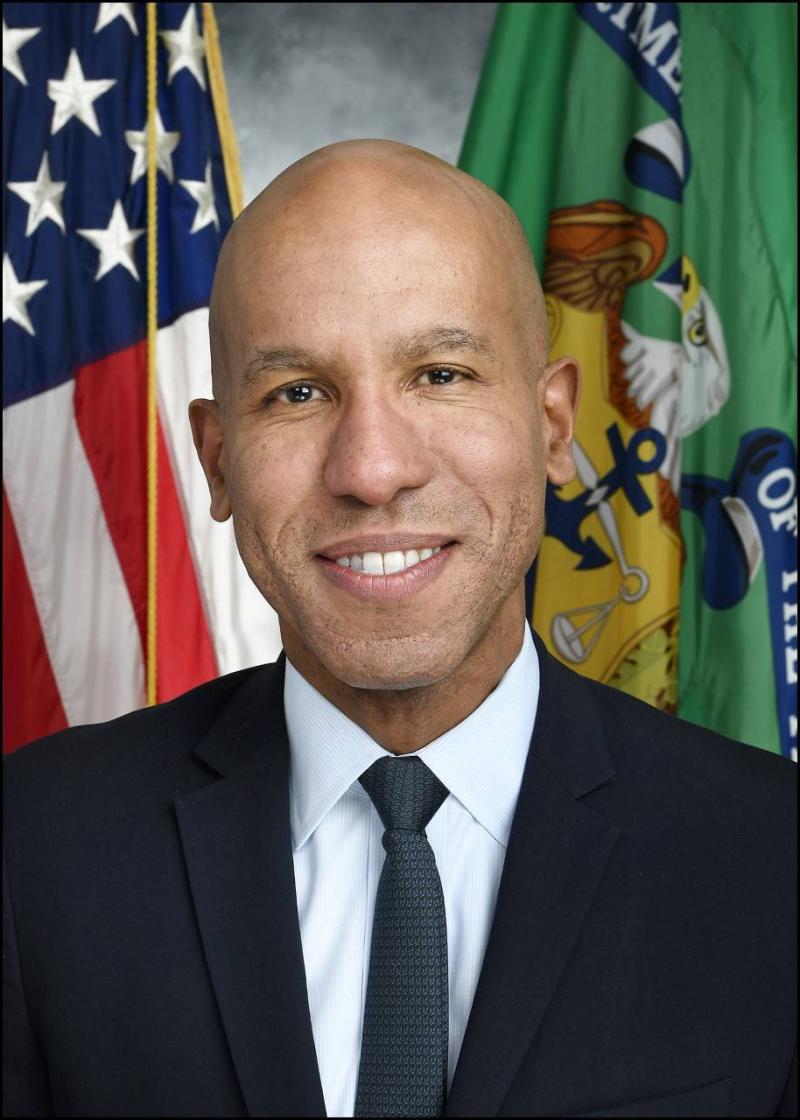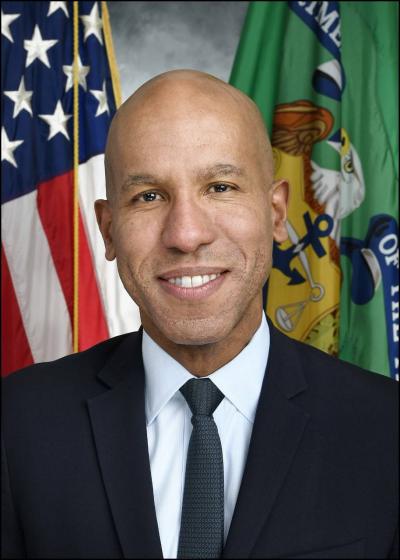Brian Nelson, U.S. Treasury Undersecretary for Terrorism and Financial Intelligence, indicated that the sanctions on the Rahma brothers came after extensive investigations that lasted years to gather sufficient evidence and build a comprehensive case. He simultaneously denied that the timing of the sanctions was related to the Lebanese presidential elections, urging swift action in electing a new president, forming a government, and implementing necessary reforms.
During a press briefing, he noted that the Treasury is aware of the relationships between the Rahma brothers and politicians, but this matter is not related to the sanction decision, which serves as a clear message to those in power in Lebanon.
In response to a question regarding whether the U.S. decision was a message to Minister Sleiman Frangieh, the Undersecretary denied any political message behind the decision towards any political figure. He emphasized that political matters are handled by the U.S. State Department, while the Treasury deals with financial issues.
When asked by "Wardna" if there could be future sanctions affecting politicians, especially in the Ministry of Energy, he stated, "In principle, we do not preview any future sanctions measures, but as I mentioned in my opening statements, this is not the first time we have taken action against corrupt actors in Lebanon. There is undoubtedly a risk to those actors, and to the extent there is evidence of continued corrupt dealings, they will then be the focus of future investigations and U.S. sanctions."
Regarding whether this designation could affect any Lebanese banks, Nelson expressed hope that "the Rahma brothers would face financial consequences... They enriched themselves while importing manipulated fuel with their companies and falsified quality tests, leading to massive damage to Lebanon's energy infrastructure." He clarified that the goal of these designations and their effects is to prohibit U.S. citizens from dealing with their assets, thus "any U.S. citizen will be prohibited from dealing with any financial institution in which the brothers have an interest, depending on the nature of that interest."
On the Rahma brothers’ case, Nelson directly mentioned the issue of contaminated fuel, stating that the brothers brought in 150,000 tons of contaminated fuel for the electricity sector, which caused significant damage. He also highlighted the bribes they offered in various forms, whether in cash, valuable gifts, or travel, costing the Lebanese treasury billions of dollars and leaving Lebanese citizens vulnerable to "generator mafias." He questioned why the Lebanese government had not held the Rahma brothers accountable for all these violations.
The U.S. Treasury Undersecretary for Terrorism and Financial Intelligence revealed that since October 17, 2019, Lebanese banks have allowed the transfer of approximately $460 million to several of their clients, while the political authorities ignored the Lebanese people's calls for reforms at a time when Lebanon faces a deterioration of its infrastructure, particularly in the electricity sector.
Nelson affirmed that his country prioritizes the rule of law, accountability, and transparency, stating that those who choose corrupt practices will be pursued.




